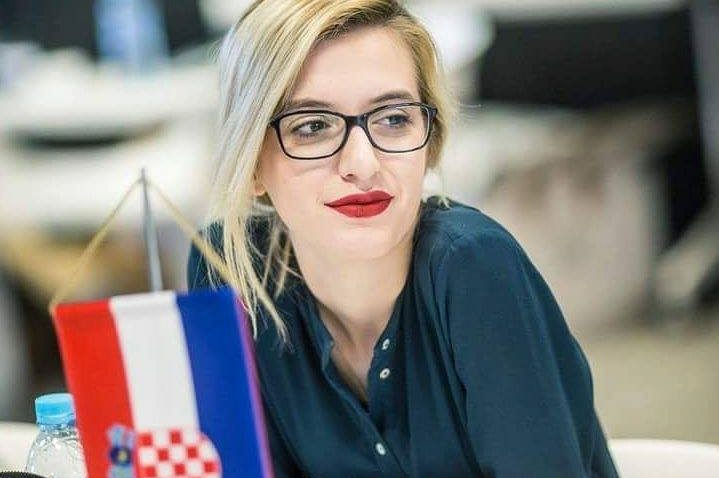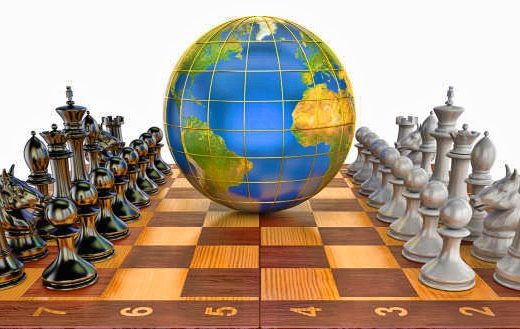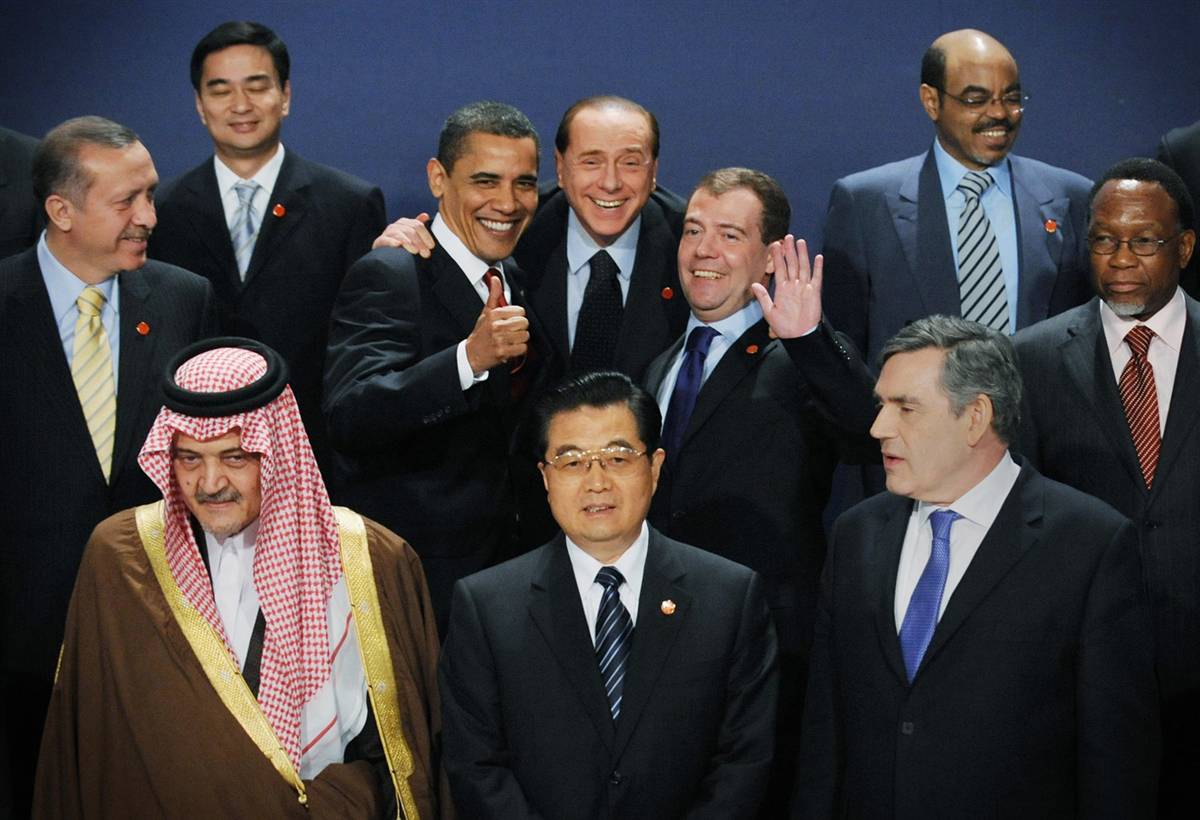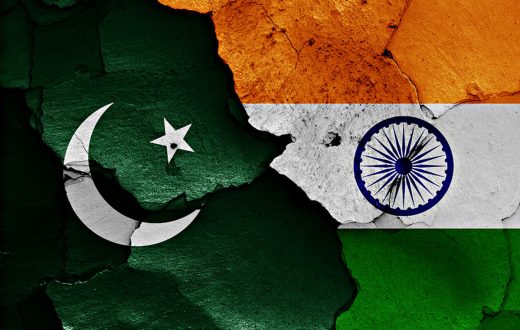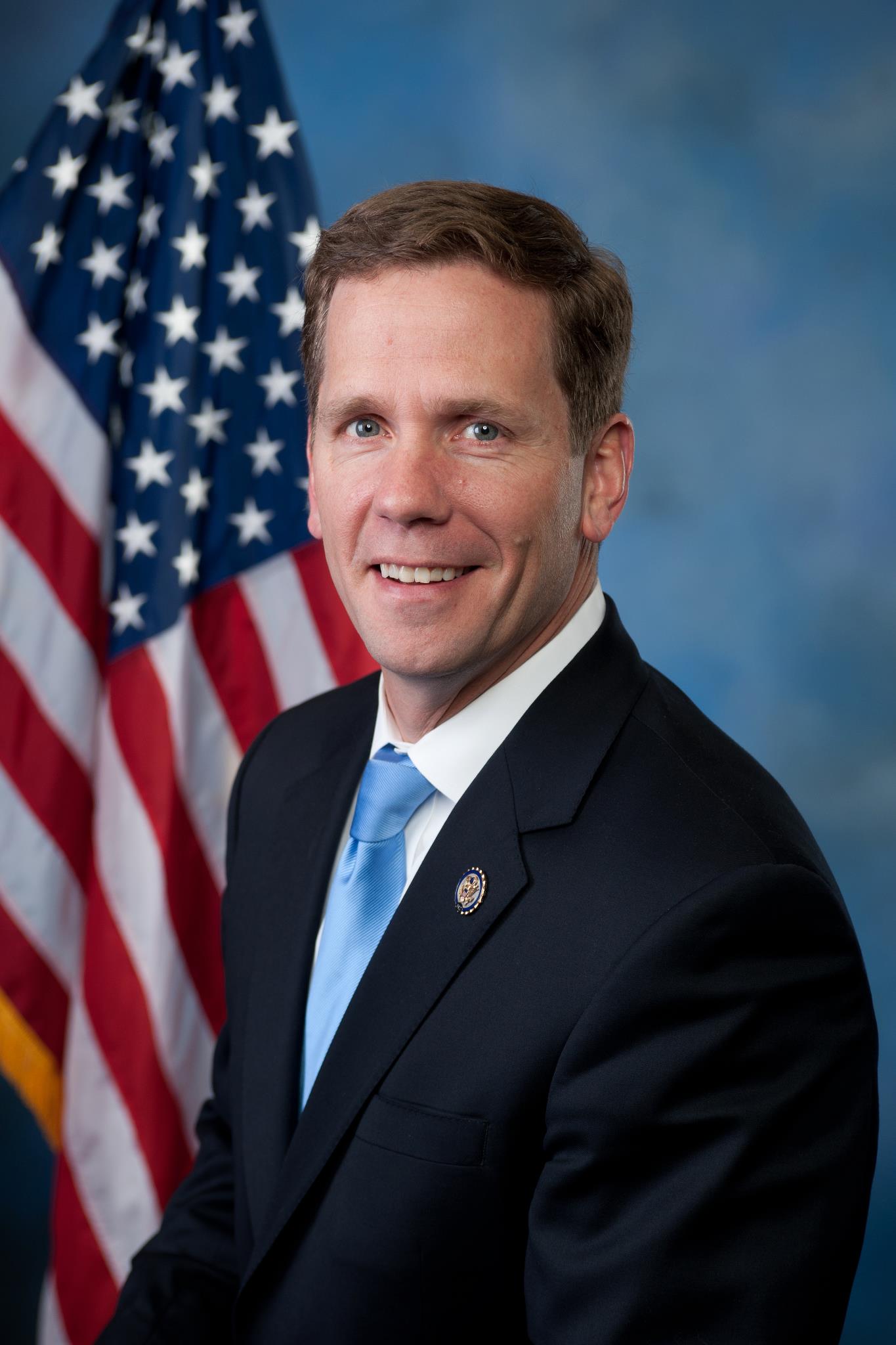The scope of this program is to promote young professionals who have a track record of commitment to the field of international affairs, who demonstrate high potential and have been involved in a variety of activities at local, regional and global level.
This interview is part of a series of interviews with young professionals across the world who are part of the generation of future leaders.
- Gentiana, thank you for giving us this interview, let’s start with you telling us more about your background?
I would like to thank you for this unique opportunity and congratulate you on your work and successes. It is always nice and heartwarming to see young enthusiasts and young people being passionate about different things and working on promoting them.
When it comes to my background, I am originally from Kosovo but due to difficulties there, my family moved to Croatia when I was less than two years old and ever since we have been living there. I study Political Science at the University of Zagreb and during my studies, I have been actively involved in many different international activities. Some of them include Model United Nations (MUN) and Model European Union (MEU) simulations, internships at embassies and at UNDP, summer schools and several conferences. I have also been a participant at Young European Council (YEC) 2016 and the year after, I have helped organizing the same event. What YEC and I have achieved during that time, is to develop ideas for the European Solidarity Corps, which eventually have been accepted by the European Parliament.
- What does your current activities consist of?
Besides studying, I am involved in many other activities of which I am proud of. Since 2017, I am a Councilwoman at Youth Council of the President of Croatia, madam Kolinda Grabar Kitarović. This is the first time in history that a President of Croatia has such a council and it is an honour to be a part of it. Our activities are mostly related to solving or highlighting the main problems that youth in Croatia is facing and as such, we have organised several successful round tables together with the President herself.
I am also the Secretary General of the ‘International Association for Political Science Students’, a non-profit organisation that gathers young students from all over the world and offers them an opportunity to present their work. I am also involved in Young European Leadership who have won the European Charlemagne Youth Prize. At my Faculty, I have been an active member of the ‘Diplomatic Club’, where I have organised round tables, conferences and other international activities.
- In your opinion, what are the main challenges the world faces today/What are the challenges your region is facing today?
The world is facing many challenges – the conflict in Syria, relations between Israel and Palestine, Brexit, etc. However, I think the greatest challenge is the change in diplomatic relations, mostly caused by the United States. This is quite interesting to observe, how the relations between G7 countries have changed and how the US is getting more distant from its allies
From a regional perspective, Southeast Europe is facing many problems. One of them is definitely ‘to find a seat’ in an international arena. The difficulty is even bigger when we remember that these countries have had a strong partnership with the US and with the EU. When it comes to choosing between these two allies, it will be quite challenging for most of them.
Another challenge for these countries is to move forward. Young people are still victims of the conflicts in the past and these countries need to move forward, learn how to cooperate and to forget their differences.
- What are the most important qualities for young people to be successful in this field?
In my opinion, the most important qualities in this field are, to be persistent and stubborn towards your goals. As a young diplomat, one faces many challenges and many losses as well trying to prove the skills and talent. It is important that you do not give up at the very first obstacle or failure. Failure is actually good at some points, because it gives valuable lessons and makes all successes that come after greater and better. Another quality to have is, to be moderate and know what to say, when to say and in front of whom. It is one of the most important qualities that many, even elder people, do not have.
- How do you empower young people to get involved in youth activities/conferences etc.?
From my experience, young people are mostly empowered from personal experience, meaning that they will most likely join a conference or an activity, if someone they know, has had positive experience while participating in it.
As such, it is important to share your stories and your experience in different activities and people will always approach you and ask for advices. We have been very lucky to have amazing professors, who have supported us and helped in promoting these activities. They even invited us to help the faculty in organizing our activities.
What has also helped is the fact that students at our Faculty have a TV – and radio channel and newspapers where we can promote these activities and our work.
- What advice would you give to young people who embark on study/career path in this field?
It is an advice that everyone keeps on giving, but it is the best advice that can be given. It is to never give up and always be passionate in what you are doing. This field has many challenges and it is quite important to face all of them and learn from them. As I have said previously, failure is good and it should not stop you from doing what you love.
One of the best advices I have received so far is that whenever I am facing a difficult decision, the best thing to do is to ask three to four people about their opinion and then create your own. It is quite useful in many situations, especially considering the fact that it is normal not to know everything about everything. Linked to that, my advice would also be to ask for help and not to be ashamed of doing so.
- How important is having a mentor?
Unfortunately, I have not had the experience of having a mentor who would help me and I believe that many young people are not lucky enough to have one. Having a mentor is useful and important since it gives you a unique input and lessons from a personal perspective. However, having a mentor is not crucial. If you are determined and stubborn in achieving your goals, you will achieve them with or without a mentor.
- Do you have a model or an inspiration?
I think everyone has a model and inspiration that changes as we grow older. It is difficult to select only one model or one inspiration since there are so many examples of successful people in history and even today. Although, I would have to say that one person that stands out is definitely Angela Merkel. Let us face it, international relations are still a men’s world and as such, it is really motivating to see a strong, powerful woman sitting with other men and making the most important decisions. It is a great example for all of us, young professionals, who want to fulfill our dreams. When it comes to inspiration, I am a bookworm and always find inspiration in different classic poems and novels.
- What are the main challenges that you had to overcome in this field until now?
For me, the main challenge has been to learn how to raise my voice and make my opinion matter. You face so many judgements and prejudice and sometimes it is difficult to overcome them. It has been a long process for me to learn how to do that. There are still meetings, where I am the youngest or the only woman. In the beginning, it was really difficult for me to raise my voice and express my opinion without being interrupted. However, I have learnt that I have an equal right to raise my voice as everyone else and that my opinion does matter!
It is an ongoing process of course, but so far I am happy with my achievement in it.

